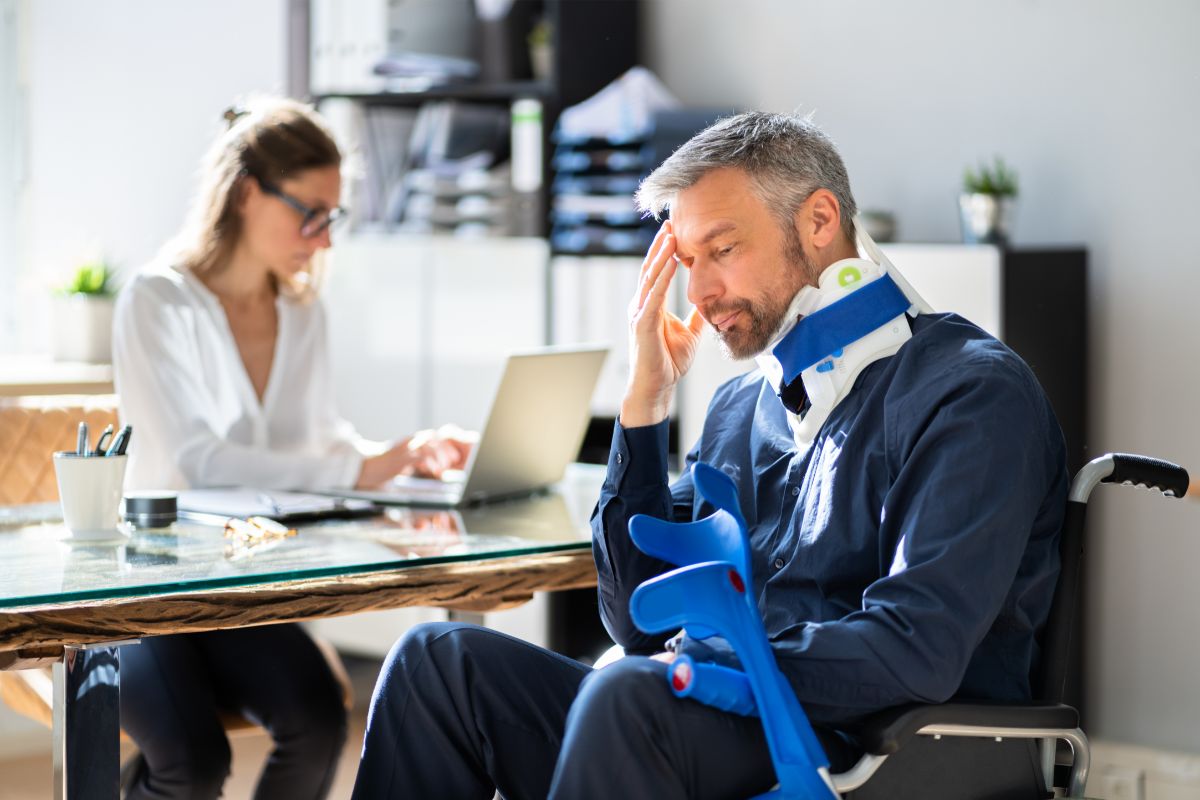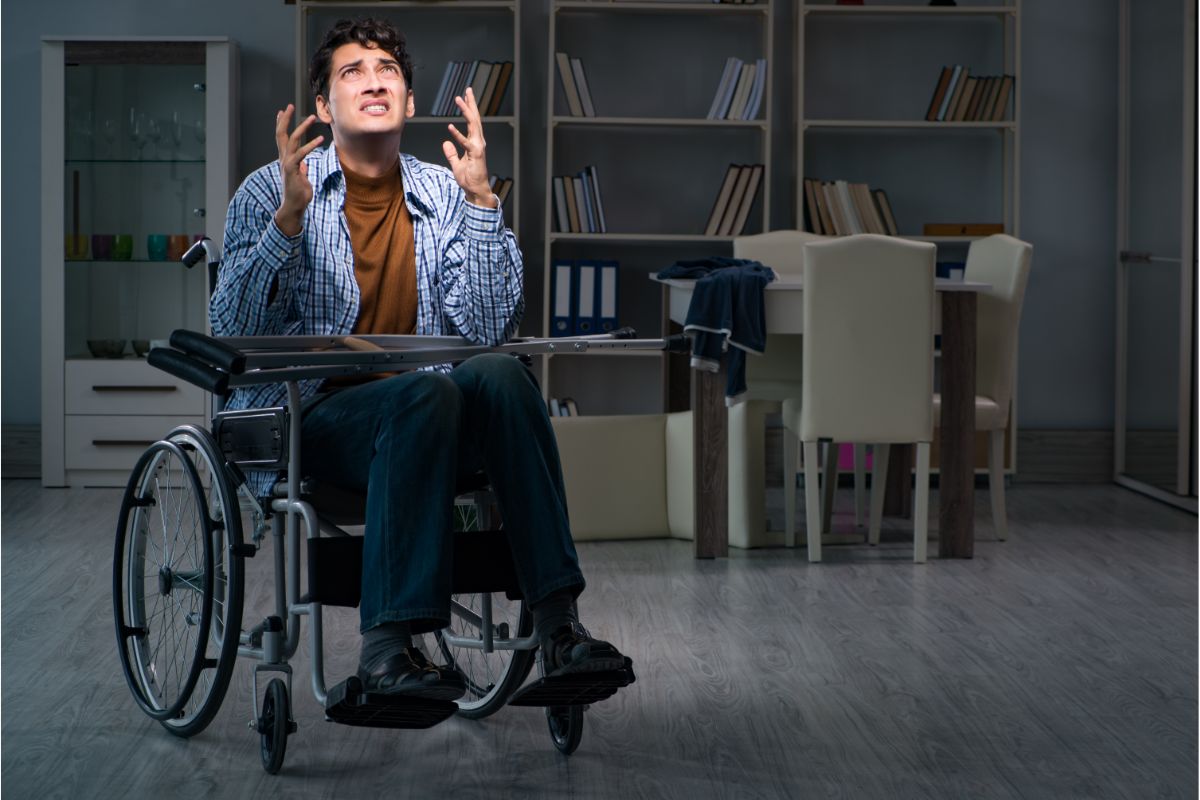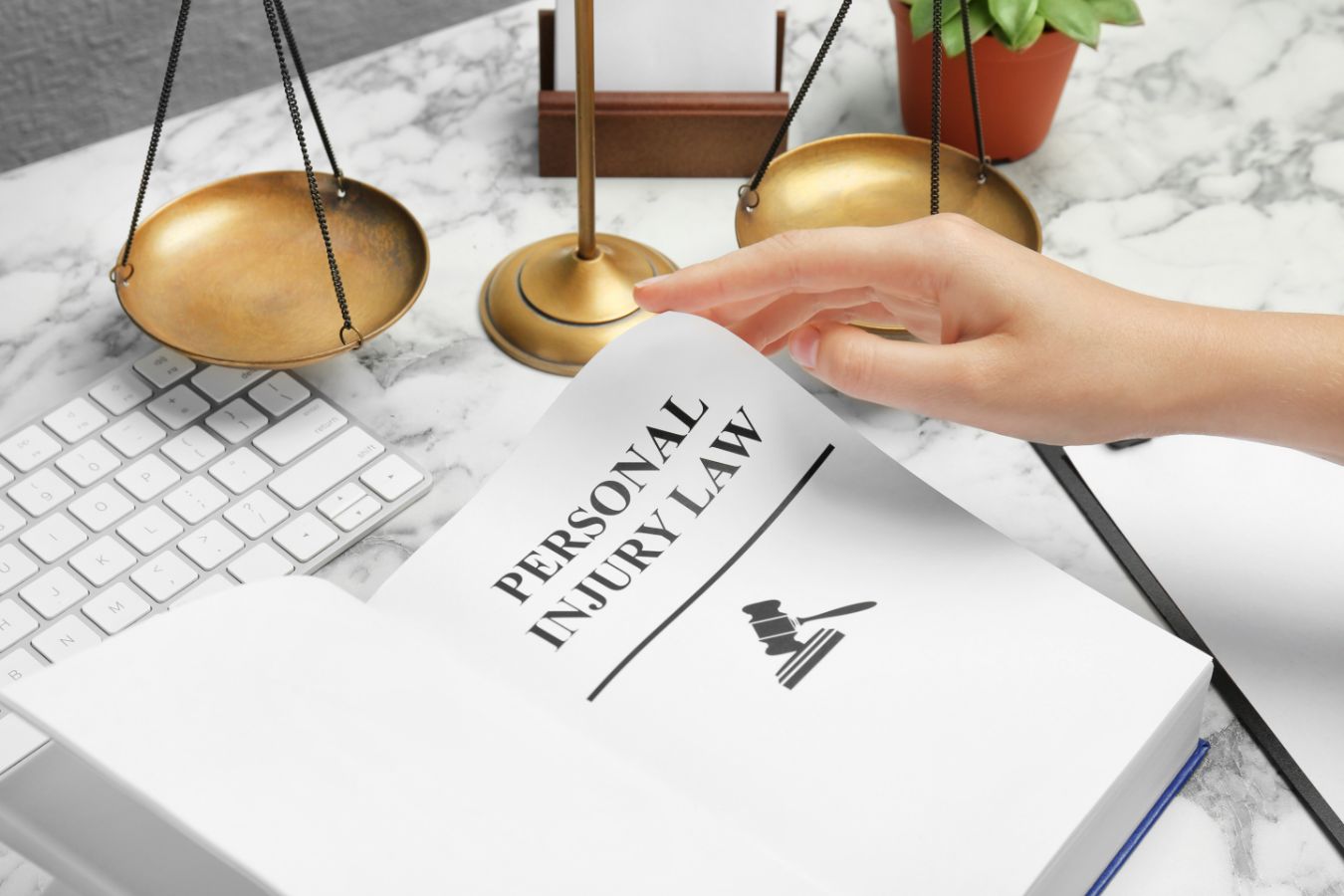 When we think about personal injuries, our minds often gravitate toward visible physical damage—broken bones, cuts, or bruises. However, the consequences of personal injuries extend far beyond the physical realm. The psychological ramifications can be just as debilitating, affecting an individual’s mental health and overall quality of life. Understanding these impacts is crucial for both victims and their families, as it informs the healing process and the legal avenues available for compensation.
When we think about personal injuries, our minds often gravitate toward visible physical damage—broken bones, cuts, or bruises. However, the consequences of personal injuries extend far beyond the physical realm. The psychological ramifications can be just as debilitating, affecting an individual’s mental health and overall quality of life. Understanding these impacts is crucial for both victims and their families, as it informs the healing process and the legal avenues available for compensation.
The Psychological Landscape of Personal Injuries
Personal injuries can lead to a range of psychological issues that often go unnoticed until they manifest in more severe symptoms.
Anxiety disorders are common among injury victims. The stress of dealing with medical bills, rehabilitation, and the uncertainty of recovery can create a constant state of worry. Victims may find themselves reliving the traumatic event, leading to heightened anxiety levels that can interfere with daily functioning.
Depression is another frequent consequence of personal injuries. The sudden shift in one’s ability to lead a normal life can lead to feelings of hopelessness and despair. Victims may lose interest in activities they once enjoyed, further isolating themselves from friends and family. This emotional turmoil can create a cycle where depression exacerbates physical recovery, making it more challenging to heal.
Post-Traumatic Stress Disorder (PTSD) is particularly concerning for those who have experienced severe or life-threatening injuries. Symptoms may include flashbacks, nightmares, and severe anxiety triggered by reminders of the incident. Individuals with PTSD often avoid situations that remind them of the trauma, which can further isolate them and hinder their recovery.
Chronic pain is another aspect that intertwines physical and psychological health. The persistent nature of pain can lead to significant emotional distress, including increased anxiety and depression. This connection highlights the importance of addressing physical and mental health in recovery plans.
The Interplay Between Physical and Mental Health
 The relationship between physical injuries and mental health is complex. Physical limitations can lead to changes in self-perception and identity, causing individuals to grapple with feelings of inadequacy or loss of purpose. This shift can be just as painful as the injury itself, emphasizing the need for a holistic approach to recovery.
The relationship between physical injuries and mental health is complex. Physical limitations can lead to changes in self-perception and identity, causing individuals to grapple with feelings of inadequacy or loss of purpose. This shift can be just as painful as the injury itself, emphasizing the need for a holistic approach to recovery.
Moreover, financial strain often accompanies personal injuries. Concerns about medical expenses and lost wages can add another layer of stress, compounding existing mental health issues. Recognizing this interplay is vital for developing effective coping strategies.
Coping Mechanisms for Psychological Recovery
Recovering from a personal injury involves more than just physical rehabilitation; it requires addressing psychological well-being as well. Therapeutic approaches such as Cognitive Behavioral Therapy (CBT) have proven effective in helping individuals reshape negative thought patterns and develop healthier coping mechanisms. CBT focuses on identifying distorted thinking patterns that contribute to anxiety and depression.
Mindfulness practices, including meditation and yoga, can also be beneficial. These techniques encourage individuals to focus on the present moment, reducing stress and promoting emotional stability. Engaging in expressive therapies—such as art or music therapy—can provide an outlet for emotions that might be difficult to articulate verbally.
Building a support network is crucial for recovery. Friends and family are essential in providing emotional support during challenging times. Additionally, joining support groups where individuals share similar experiences can foster a sense of community and understanding.
Navigating Legal Challenges
 Understanding your rights in the context of personal injury claims is essential for obtaining fair compensation for psychological damages. Many victims may not realize that they are entitled to compensation for emotional distress alongside physical injuries. Legal provisions exist to address these non-physical damages, often categorized as “pain and suffering.”
Understanding your rights in the context of personal injury claims is essential for obtaining fair compensation for psychological damages. Many victims may not realize that they are entitled to compensation for emotional distress alongside physical injuries. Legal provisions exist to address these non-physical damages, often categorized as “pain and suffering.”
To strengthen your claim for psychological damages, it’s important to gather evidence such as medical records, psychiatric evaluations, and testimonials from mental health professionals. These documents help substantiate claims regarding emotional distress resulting from the injury.
Working with a knowledgeable personal injury attorney can significantly impact your case. An experienced legal team will understand how to navigate the complexities surrounding psychological injuries and ensure that all forms of damages are properly compensated.
Long-Term Strategies for Mental Wellness
Recovery from personal injuries is an ongoing journey that requires attention to both mental and physical health over time. Developing healthy routines is fundamental; incorporating regular exercise not only aids physical rehabilitation but also releases endorphins that improve mood.
Nutrition plays a vital role in mental health as well. A balanced diet rich in vitamins and minerals can enhance cognitive function and emotional well-being. Seeking ongoing mental health care through therapy or counseling ensures that individuals have continued support as they navigate their recovery journey.
Moving Forward: Embracing a Holistic Approach to Recovery
The psychological impact of personal injuries is profound and far-reaching, affecting victims’ quality of life in numerous ways. Understanding these impacts allows victims to seek appropriate help while navigating their legal rights effectively. Recovery involves addressing both mental health needs through therapeutic practices and ensuring fair compensation through legal avenues.
If you or someone you know has suffered a personal injury, it’s essential to recognize that healing encompasses both body and mind. By taking proactive steps toward recovery—whether through therapy, building support networks, or pursuing legal action—you empower yourself on the path toward reclaiming your life post-injury. For legal assistance, consider consulting an Arizona personal injury lawyer who can guide you through the complexities of your case.





